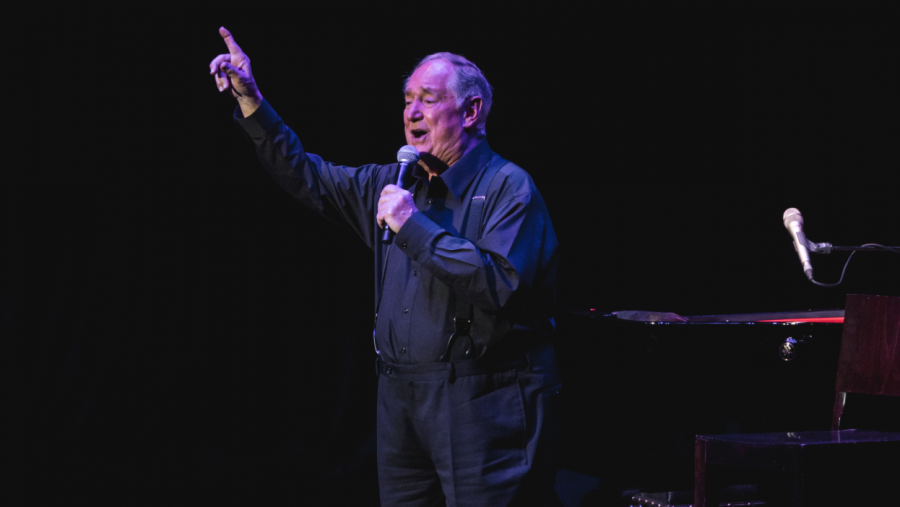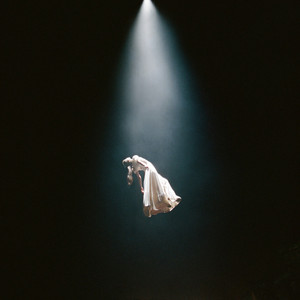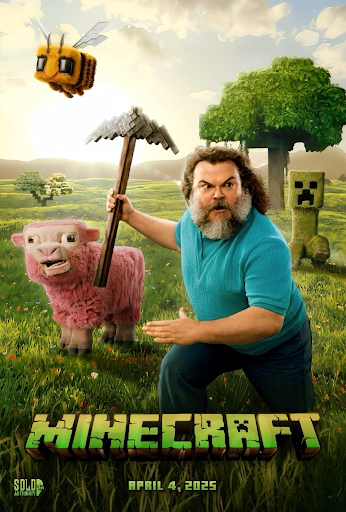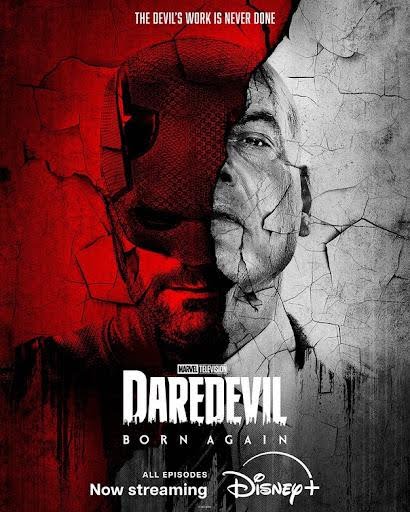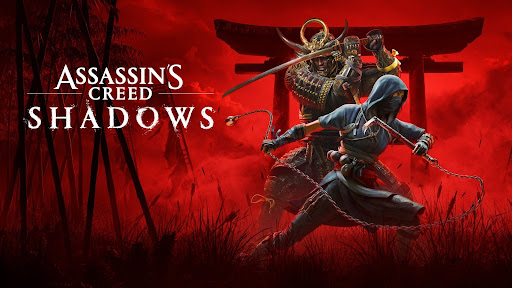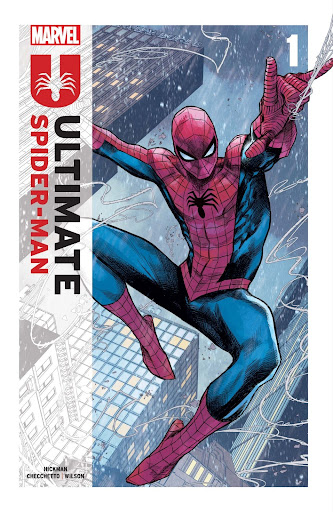Ten Questions for Singer-Songwriter Neil Sedaka
Moravian College welcomed renowned singer-songwriter Neil Sedaka to Foy Concert Hall on Friday, April 12.
Before his visit, The Comenian staff asked Sedaka questions about his successful career and about the honorary doctorate the College awarded him.
Did you know about Moravian College prior to the College’s getting in touch about the honorary doctorate?
I did not. My friend Jeffrey Biegel, who is a great concert pianist, has played there. He told me that they might be calling me with an honorary degree.
What was your reaction upon hearing Moravian wanted to award you an honorary doctorate?
Well, I was over the moon [as] I never did finish my degree at the Juilliard School in New York. I went to the prep school for eight years and the college level for three years, [but] I dropped out to pursue my career as a singer-songwriter. [Receiving Moravian’s doctorate] is quite a thrill for me.
Have you ever been to Bethlehem, or anywhere in the Lehigh Valley?
I have played in Allentown many times. I was one of the original pioneers of American Rock n’ Roll. There was a [radio] station there that used to have something called “Record Hops” back in the late ‘50s where kids would come and dance. The disc jockey from the station had me there many times in front of a crowd of kids. I was nineteen [when I sang at] my first record hop.
What was it like being a student at Julliard?
I majored in piano. I actually studied with the same teacher as Jeffrey Biegel. Her name was Adele Marcus, a world-renowned teacher. My most exciting experience was playing Bartók’s Piano Concerto No. 3 with the symphony orchestra. Also, WQXR, which was our music station in New York City, had a city-wide contest for the best high school and college pianist. I was one of the winners and played on WQXR. Arthur Rubinstein was one of the judges. I was very honored to play the Prokofiev Sonata No. 3 and Chopin’s Ballade No.1 in G minor, Op. 23 [in the competition].
Did you and Jeffrey Biegel meet each other at Julliard?
No, he is quite younger than I. He and I had a mutual friend named David Foster, who is one of the great pop music producers for people like Celine Dion and Barbara Streisand. We were at a party years ago, and Jeffrey Biegel said,“If you ever write a piano concerto, please call me. I would love to look at it and consider playing it.” I think about eight or ten years went by [before] I wrote a piano concerto and called him. Jeffrey was very excited when he heard it and has played it in many cities.
What was it like to compose your concerto “Manhattan Intermezzo”?
Well, it was quite an undertaking. It is much different from writing pop songs [in that] you have more creative freedom. Because of my extensive musical background, I was able to do [it]. My pop songs were three to four minutes long. “Manhattan Intermezzo” is about twenty minutes long.
Of all the compositions and songs that you have written and performed, which one is your favorite?
Oh, it is very hard to answer that. I have written over 700 songs in the last sixty to seventy years. Each one is a special child. Some of them I call the forgotten children or the neglected children, [because] they are buried in LPs (Long Play) and vinyls and CDs. So it would be impossible to single [a particular] one out. They are all very close to my heart.
What were some of the biggest highlights of your career?
I think getting a star on the Hollywood Walk of Fame [and] getting a street named after me in New York where I grew up in Brooklyn. I also think getting inducted into the Songwriters Hall of Fame and getting two awards while being inducted, one of which was the biggest award they give. So I am very honored about that [award] in particular.
What were some of the biggest challenges of your career?
The challenges were to reinvent Neil Sedaka and to develop and grow. You can’t do the same thing over and over creatively. [For example] “Calendar Girl” was very wonderful and cute back in 1951, but if you continue to repeat yourself and end up writing another “Calendar Girl,” it is not rewarding.
What advice do you have for students who want to enter a creative field, as you did?
I think they have to have a lot of passion for it and they should not be discouraged by any turn downs or any setbacks. If they love it with a great passion, they should continue. I think they will know by a certain age if that is the [right] profession for them. It is a very competitive field, but there are so many [areas to go into]. There’s being in an orchestra, teaching, and so many other things besides being in front of an audience [singing].


